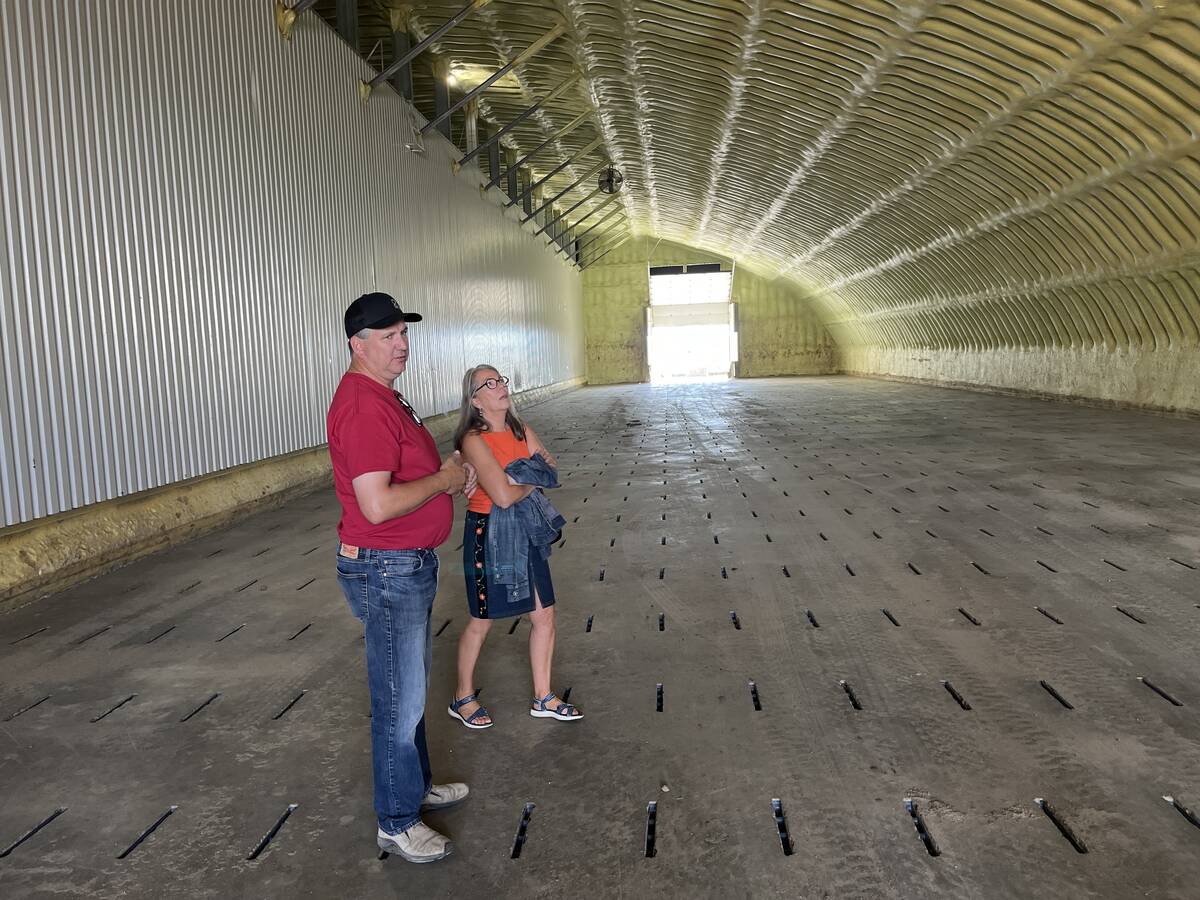Delegates to the Agricultural Producers Association of Saskatchewan annual general meeting received a lesson in lobbying last week.
Ken Rasmussen, director of the graduate school of public policy at the University of Regina, told them not to bother talking to their federal or provincial political representatives unless those people are in positions of power.
“The only people that have power in the Saskatchewan system are ministers and ministers’ officials.”
Rasmussen said APAS has to get the ear of policy makers if it wants to influence public policy.
Read Also

Potato farm requires year-round management
The most recent Open Farm Day in Alberta showcased agricultural producers across the province educating the general public about the process that is required is to get food to their table.
“The fact the minister (of agriculture) comes to your meeting is a very positive sign.”
He said early in the NDP government’s term it had no rural or agricultural plans. That can happen by design, he added, because once a policy exists expectations are raised and ministers’ feet are held to the fire.
Agricultural organizations can form a level of sub-government to get agricultural issues into an overall policy, he said.
Historical examples
For example, the Saskatchewan Grain Growers Association was “essentially the government of Saskatchewan” in the early years of the province.
“The government of Saskatchewan did nothing without consulting (the association),” Rasmussen said. “Cabinet held meetings around the meetings of this association.”
In Alberta, farmers parlayed this into an elected government through the United Farmers of Alberta.
However, farmers have seen that kind of clout eroded as the interests of business, labour, health, education and others took their place.
“As agriculture has become a smaller part of the provincial overall economy … the power that farmers have has declined as well,” he said.
Delegate Ivan Ottenbreit of Grayson asked Rasmussen if there was value in forming alliances and whether that would help farmers’ collective cause.
Rasmussen said that is one of the trickiest issues in lobbying because of diverse interests.
“The strength and weakness of an organization like APAS comes from the fact that it’s broad based … it’s hard to come to consensus.”
Barry Harris from the Rural Municipality of Coalfields said it’s a myth that producers have less power now because there are fewer of them. He said the real problem is that the link between producers and consumers has been eroded.

















